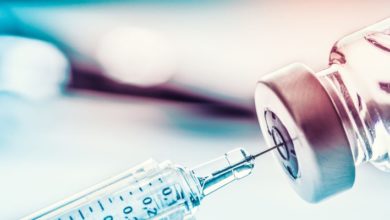Oxford University
-
Experts underscore uncertainty about AstraZeneca’s dosage and efficacy
According to experts, the vaccine developed by AstraZeneca and Oxford University showed only 62.1 per cent efficacy, much lower than…
Read More » -
COVID-19 : India Upbeat with Oxford’s Vaccine Trial’s positive outcome
India : At a time when Covid-19 cases are escalating globally and more so in India, there is some sigh…
Read More »

